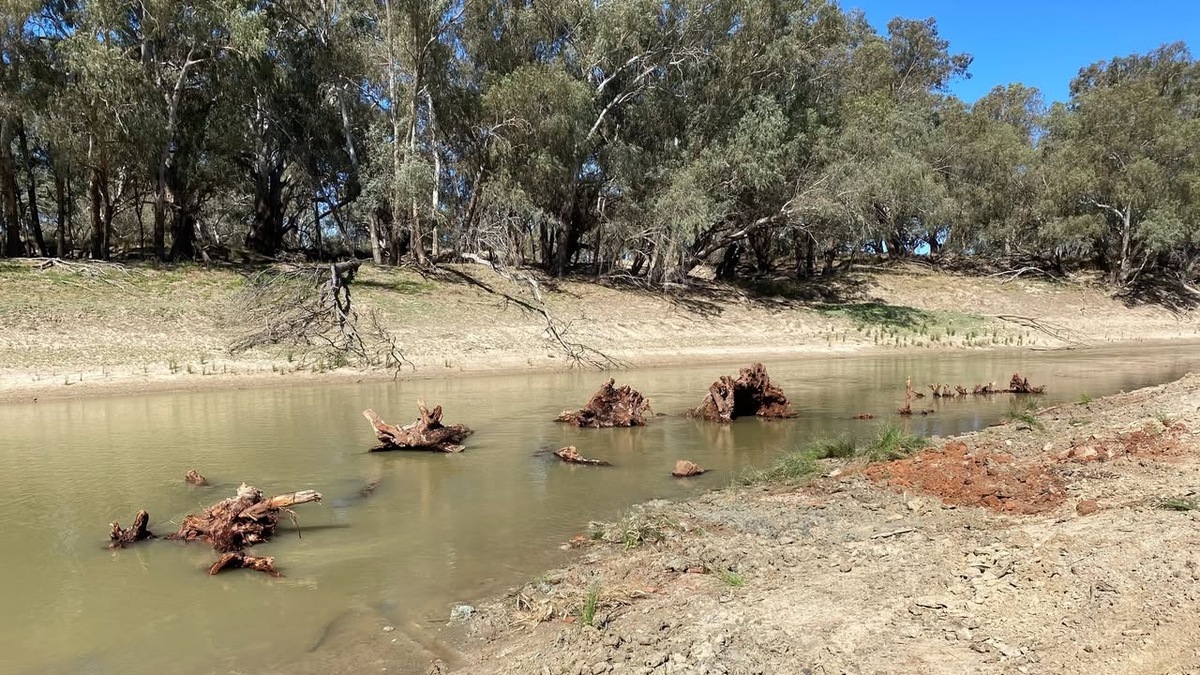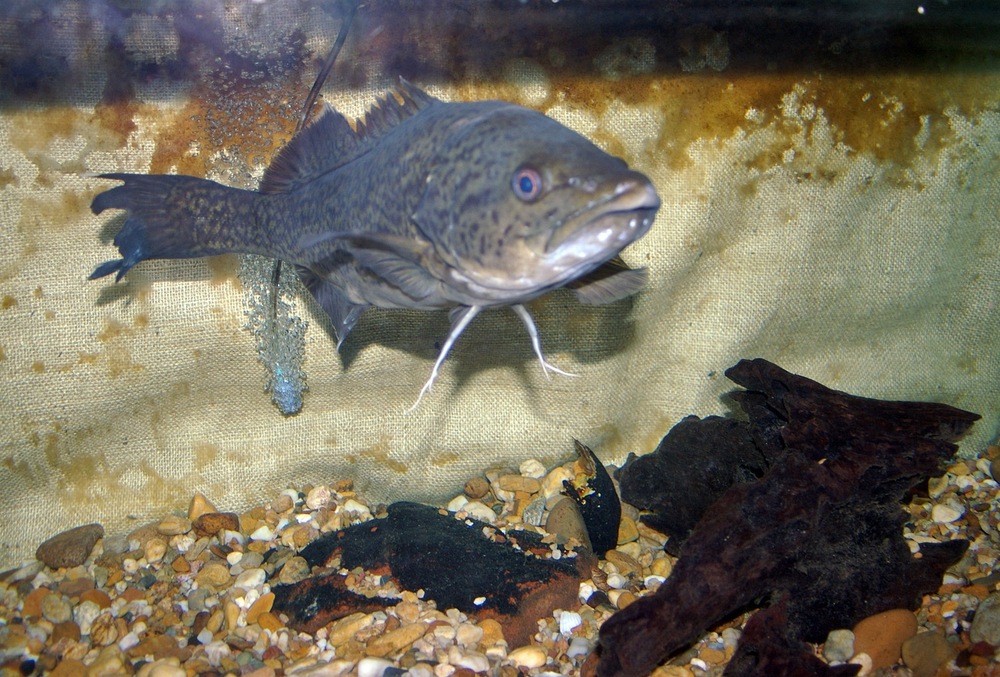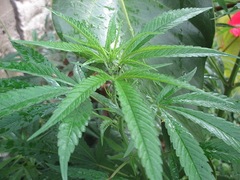Snags - the coral reef of the freshwater system
Lily Plass
25 November 2024, 8:40 PM
 Timber placed in the Darling River. Photo: Western Local Land Services Facebook
Timber placed in the Darling River. Photo: Western Local Land Services Facebook
SW Western Local land services are resnagging the Darling River in 17 sites between Louth and Tilpa to help keep the local fish population alive and thriving.
Fourteen out of 17 designated sites have already been resnagged.
Snags are trees, branches, and root masses that provide fish with sites to attach eggs during breeding, give them rest from fast-flowing rivers, shelter from predators, and help define landmarks.
They also store carbon in an aquatic environment.
Snags in freshwater systems can be compared to what coral reefs in the ocean.
They have to have enough size and volume to provide fish with sufficient shelter and cover their other needs and generally include the root ball with branches trimmed to make it possible to load and transport.
For the project between Louth and Tilpa 111 tonnes of bimbil box were used to create 98 fish habitat complexes.
Snags are usually sourced from nearby properties through vegetation clearing as part of farming activity and road construction.
In the late 1800s and early 1900s the Darling River was desnagged to facilitate boat navigation, reduce flood damage, and improve appearance.
Desnagging, however, has contributed to the decline of 90 percent of the native fish population since European colonisation.
The native fish habitat shrunk and became fragmented, leaving fish vulnerable to environmental events.
The Commonwealth Environmental Water Holder (CEWH) Dr Simon Banks found dangerously low numbers of Murray cod in the Darling Baaka and determined the population requires help to recover.

Juvenile Murray Cod. Photo: Bidgee Creative Commons Attribution 3.0 Unported license.
Further snags will be installed in projects across the Murray-Darling Basin between March and June 2025.
The Golden Perch and Silver Perch are also expected to benefit from this project.
"The project will increase the amount of available fish habitat by installing 40-50 large logs or snags per kilometre in this section of the river," Commonwealth Environmental Water Hold (CEWH) Dr Simon Banks said.
The CEWH uses the proceeds of water allocation sales to fund environmental activities in the Basin that enhance the benefits of water for the environment.
The water holder provided $900,000 to the NSW Department of Primary Industries and Regional Development Fisheries to resnag the section on the Darling-Baaka River between Bourke and Louth.
"The Bourke to Louth resnagging project is funded through the CEWH Environmental Activities Framework," Dr Banks said.



